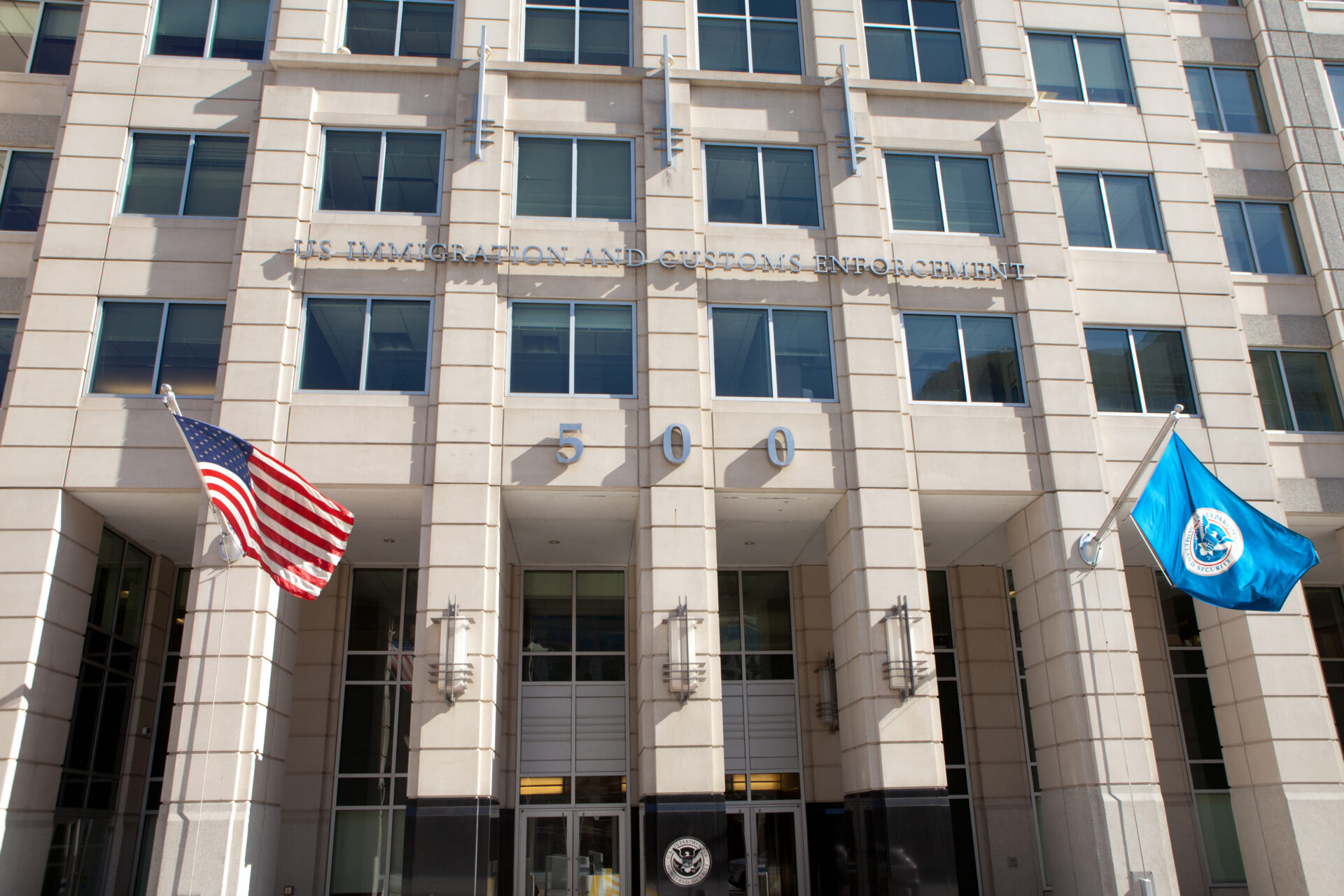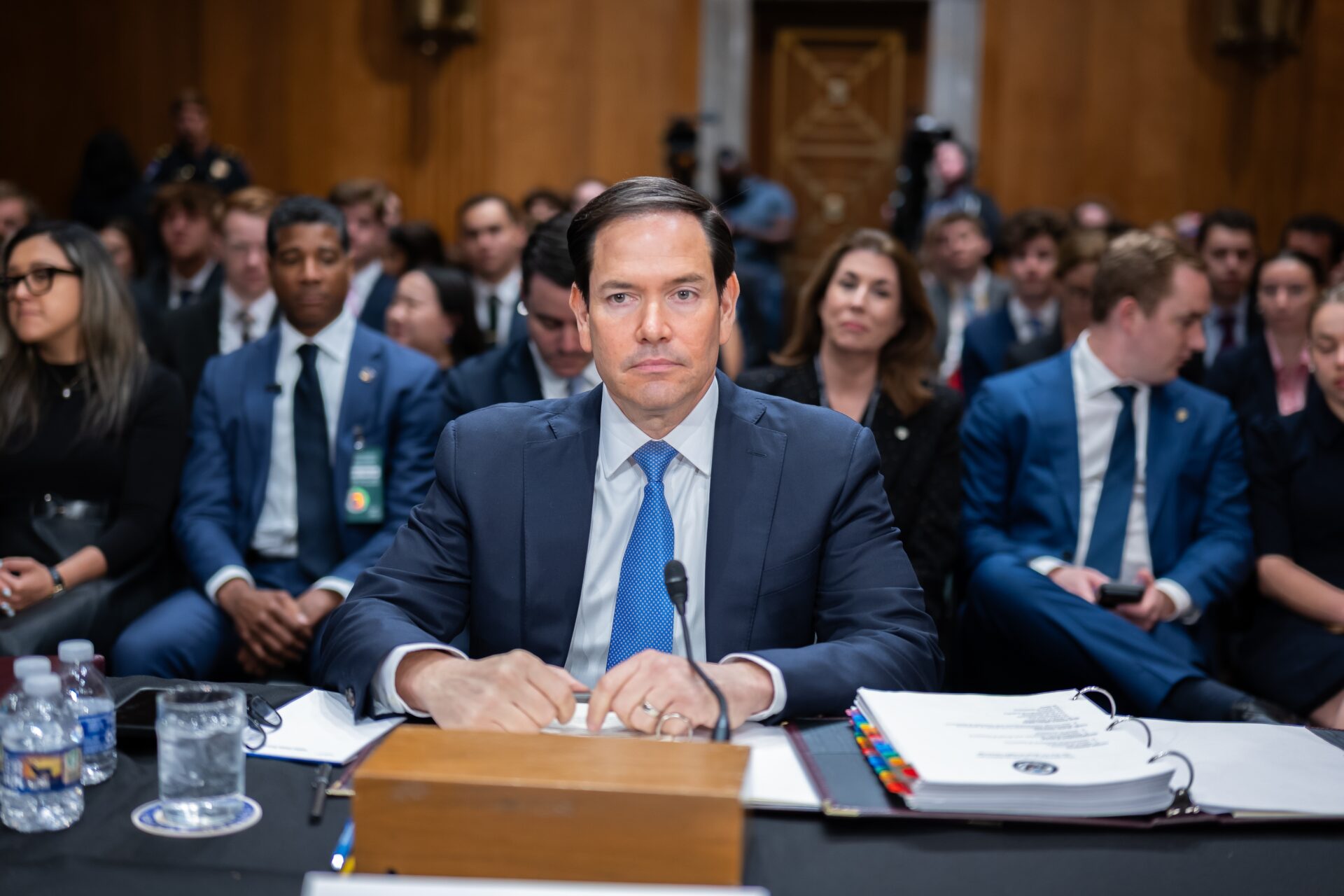
Court BLOCKS ICE, Sparks MELTDOWN!
ICE has notified lawyers for alleged MS-13 member Kilmar Abrego Garcia that he may now face deportation to Uganda instead of El Salvador, intensifying a case that has exposed judicial limits on U.S. immigration enforcement.
At a Glance
- ICE notified Garcia’s attorneys of possible deportation to Uganda rather than El Salvador
- Federal judge previously blocked ICE from detaining or deporting him after his August 2025 release
- Garcia is scheduled for trial on human smuggling charges in January 2027
- DHS Secretary Kristi Noem condemned the ruling as judicial interference in immigration enforcement
Judicial Intervention Sparks Controversy
On August 23, 2025, U.S. District Court Judge Paula Xinis issued a rare order preventing Immigration and Customs Enforcement (ICE) from detaining or deporting Kilmar Abrego Garcia after his release from a Tennessee jail. The ruling has drawn sharp criticism from federal officials, who argue it undermines standard immigration enforcement procedures.
Watch now: ICE vs. Federal Courts: The Battle Over Deportation · YouTube
DHS leadership warned that such interventions disrupt the federal government’s ability to remove individuals deemed threats to public safety. Secretary of Homeland Security Kristi Noem specifically condemned the decision, describing it as judicial interference in matters of national security.
A Complicated Deportation Path
Garcia’s immigration history has been marked by procedural complications. In March 2025, he was deported to El Salvador but returned to U.S. custody in June after federal prosecutors charged him with human smuggling. While authorities initially planned to return him to El Salvador following his criminal proceedings, ICE has now raised Uganda as a possible destination.
This development suggests either logistical or diplomatic challenges with deporting Garcia to his home country. ICE officials have not publicly explained the shift, but such redirection is rare and highlights the complexities of international cooperation in deportation cases.
MS-13 Allegations Heighten Security Concerns
The Department of Homeland Security has linked Garcia to MS-13, a transnational gang with operations in both Central America and the United States. Officials allege his involvement in human trafficking and related violent activity, characterizing him as a serious public safety risk.
Despite these allegations, Garcia remains free under judicial protection until his January 27, 2027 trial on federal smuggling charges. Federal authorities stress that the inability to detain or deport him increases the risk of further criminal activity, a concern shared by law enforcement agencies across multiple jurisdictions.
Legal Battle Reveals Policy Tensions
Immigrant rights advocates, including the organization CASA, have celebrated Garcia’s release, framing Judge Xinis’s ruling as a defense of due process rights. By contrast, DHS officials argue that the decision sets a dangerous precedent by limiting federal discretion in immigration enforcement.
The case illustrates broader tensions between federal courts, immigration authorities, and advocacy groups over how to balance due process protections with public safety imperatives. With Garcia’s trial still more than a year away, his case is likely to remain a flashpoint in the debate over immigration enforcement and judicial oversight in the United States.
Sources
Reuters
Associated Press
Department of Homeland Security


